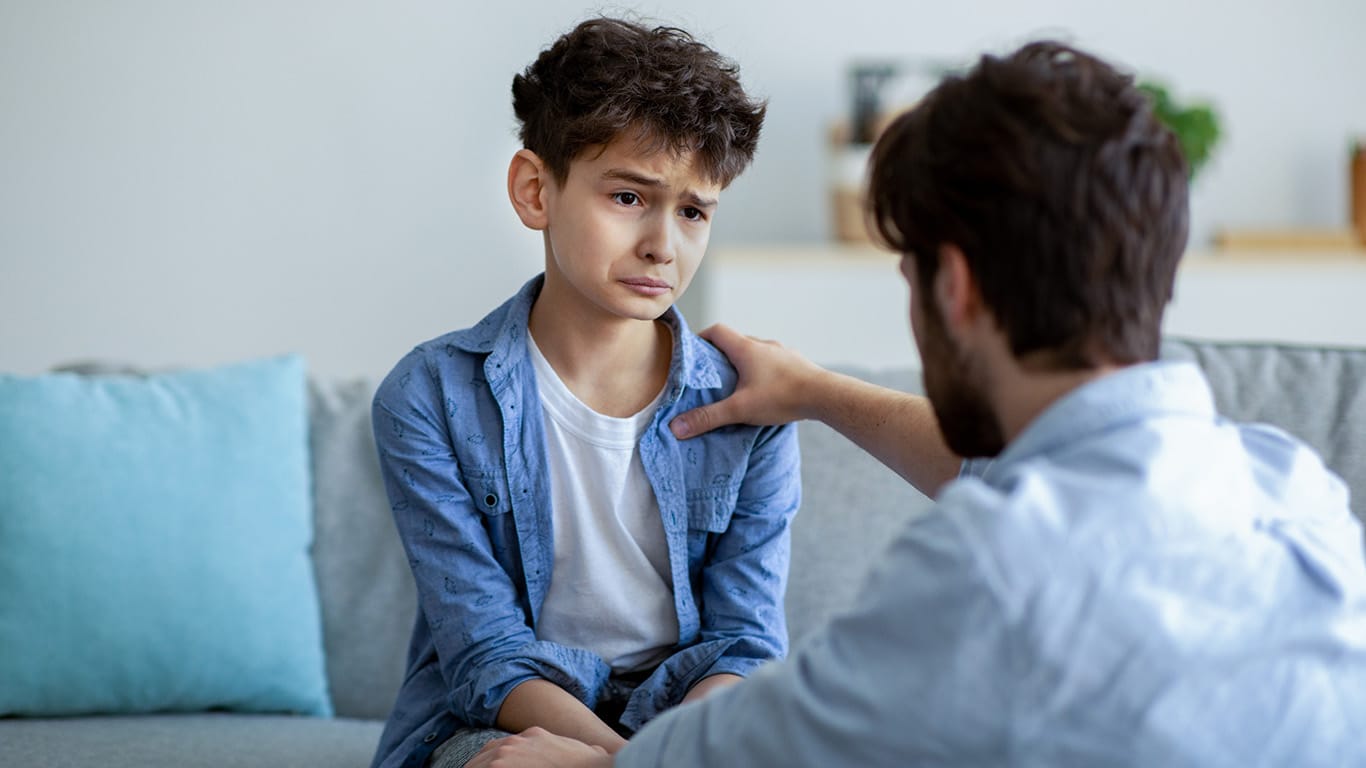Over 40,000 Arizonans will be diagnosed with cancer this year. As news circulates about Kate Middleton, the Princess of Wales, battling cancer, it sheds light on the challenges many families encounter when facing this illness, whether their experiences are publicized or not. In her recent statement, Kate shares how challenging it can be to talk with children about cancer.
LEARN MORE: Ranking Arizona: Top 10 cancer treatment centers for 2024
“It has taken us time to explain everything to George, Charlotte, and Louis in a way that is appropriate for them, and to reassure them that I am going to be okay,” she said.
Initiating a conversation about cancer with children can feel daunting, yet it’s a crucial conversation for any parent to undertake. Unsure of where to begin? Here are some essential pointers to guide your discussion with kids of all ages. Remember, tailoring your approach to your child’s understanding is key, as each child may have different questions and require varying levels of explanation:
Encourage Questions
Children may hesitate to ask questions about cancer if they haven’t been given explicit permission. Let your child know that it’s perfectly okay to ask any questions they may have and assure them that you’ll do your best to provide answers. It’s important to acknowledge that there may be times when you don’t have all the answers, and that’s okay too.
Address Common Misconceptions Head-On
By addressing any misconceptions, you can alleviate unnecessary guilt or stress your child may be feeling. Children often grapple with the misconception that they somehow caused cancer. While they might not voice this concern, it’s essential to reassure them that cancer is not their fault. Additionally, many children mistakenly believe that cancer is contagious, leading to fears about physical contact with affected family members. Reassure your child that cancer is not contagious, and it’s perfectly safe to show affection to their loved ones.
Keep Communication Open
Keeping your child informed, even when there are no changes, shows them that you’re not keeping secrets and that you’ll include them in important updates. Brief check-ins can provide comfort and reassurance for a child. However, ensure that the information you share about cancer is appropriate for the child’s age and understanding level.
Remember you’re not alone. Top of Form
While grappling with these difficulties, it’s easy to feel isolated, but it’s essential to recognize that you’re not alone; numerous families are navigating similar paths. In her recent statement, Kate shares, “For everyone battling this disease, in any form, hold onto hope. You’re not walking this path alone.”
In times like these, support networks emerge as lifelines, offering vital aid in coping with the profound impact of cancer. If you’re not sure how to initiate these difficult conversations with your loved ones, defer to others for guidance. Seeking support is not a sign of weakness; it’s a testament to one’s strength. Reach out, forge connections, and allow others to walk alongside you on this journey.
If you or someone you know requires support, consider reaching out to Cancer Support Community Arizona (CSCAZ), a local nonprofit organization offering 100+ free programs each month for and a nurturing community for anyone impacted by cancer. For further details, please visit https://cscaz.org/.
Author: Julie Dunnigan is CEO of Cancer Support Community Arizona. Cancer Support Community Arizona is a nonprofit organization that provides emotional and social support for anyone impacted by cancer by providing 100 free programs per month including bilingual support groups, social activities, mind/body therapies, nutritional counseling, educational seminars, and embedded hospital navigators who connect newly diagnosed cancer patient and their families to community resources. All programs are offered to Arizona residents at no cost and are designed to support cancer patients, their families, and caregivers throughout their cancer journey. To learn more about CSCAZ, visit https://cscaz.org/.




